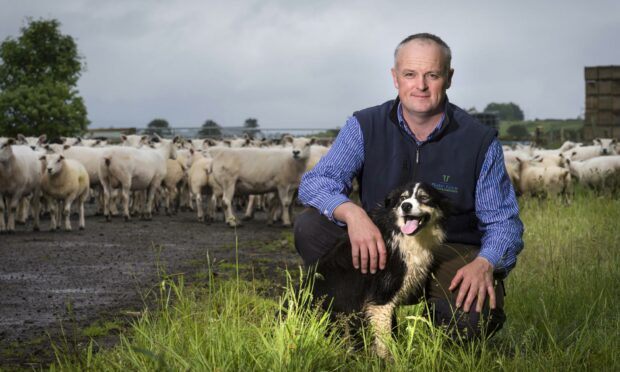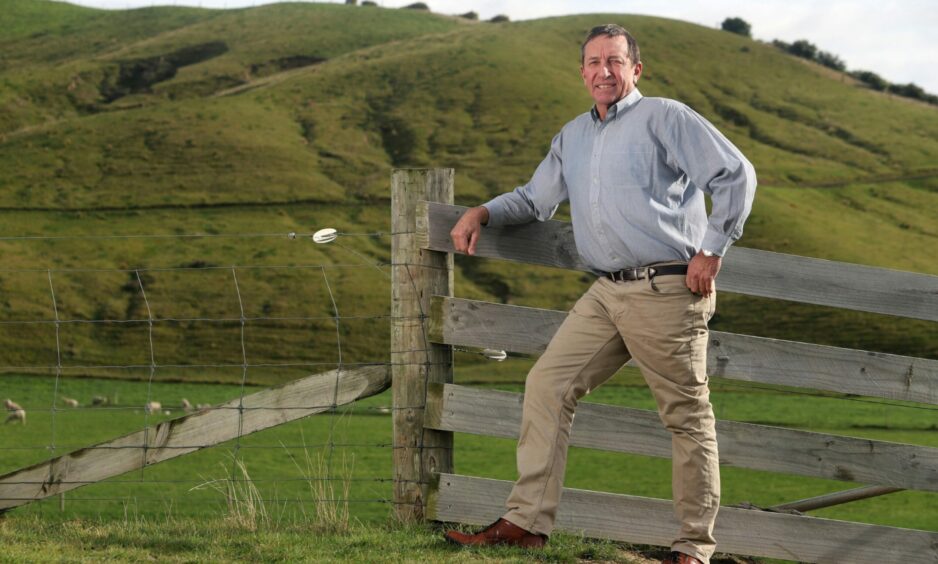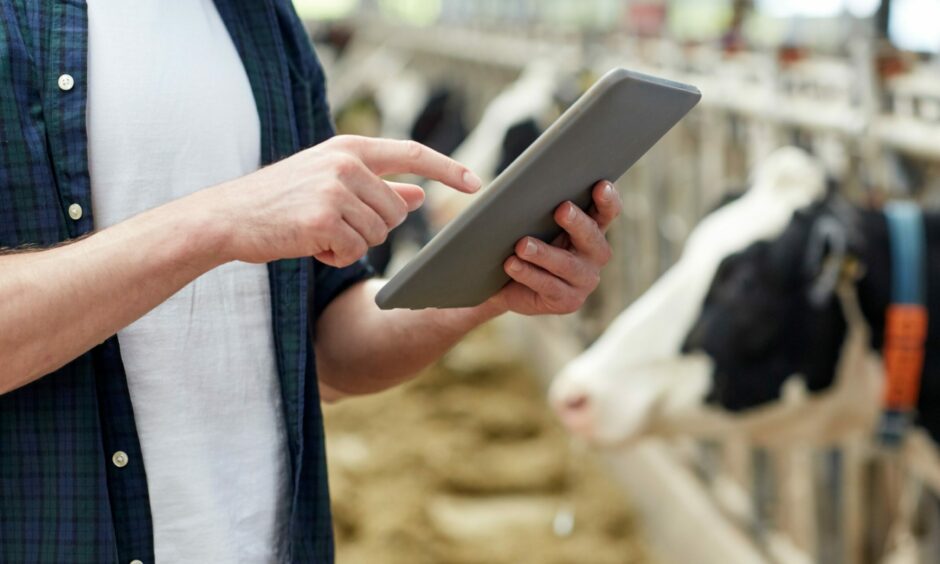New Zealand farmer Doug Avery came to Scotland in 2018 to talk about resilience.
He had taught himself to become more resilient as a person following poor mental health and as a result, turned his farming operation around.
It didn’t just stop there, he now embraces life with more energy and passion, he is happier and more fulfilled but most importantly he knows how to handle the lows and he knows when to rest up and recharge.
Having been heavily involved in Doug’s Scottish tour I experienced on more than one occasion the way he connected with farmers and crofters at venues all over Scotland.
We laughed and cried with him and opened up conversations that we have been sidestepping for too long.
On the last day of the tour when he was with our organising committee, we asked what we should do next in terms of providing support for our industry.
Doug suggested we have a look at Farmstrong – a New Zealand-based wellbeing programme that aims to help those living in rural communities.
We had a look and quickly realised that it’s an awesome initiative and one that would be hugely valuable in Scotland so we set about learning more about what it offered, how it was helping and how we could replicate it.
We developed a steering group, comprising a small group of industry stakeholders who are passionate about doing something that will really make a difference to those working in our sector.
And we are now in the process of finding out what those who work on our land think.
For me personally, I identify with so much of what Farmstrong covers.
As I stumble out of spring, I’m more aware than ever that I need to make changes to my lifestyle.
‘Most important asset we have on our farms – ourselves’
I know that I don’t take enough time off, exercise enough or eat well enough, I’m certainly stressed and burnout is imminent, if not already upon me, and I know I am not the only one feeling this.
I suspect I already had bad habits pre-Covid but the pandemic has certainly reinforced them.
They need to be replaced with positive habits which will help me to perform to a higher level, helping me, the people around me and my business.
I, like many other farmers and crofters, don’t consistently prioritise looking after the most important asset we have on our farms – ourselves.
If we can find ways to do that, we can in turn look after our farms better whilst preparing ourselves for the challenges that lie ahead.
Let’s face it there will be no shortage of them.
Gerard Vaughn and the Farmstrong New Zealand team have been really supportive throughout the process and one of the key reasons for the success of the programme over there has been the involvement of farmers from the early stages.
From survey to action
With that in mind we recently launched a survey to capture farmer and crofter thoughts on the ups and downs of farming, how it impacts their lives and what they need to help them become more resilient.
The short 10-minute anonymous survey can be found online at dougaveryscotland.co.uk
Once that’s complete at the end of May, the research will move to the next evolution where small interviews will take place with farmers, who are happy to have a chat.
This is really important as it all helps to make sure we deliver something that works for everyone here in Scotland.
Whilst we think the New Zealand model will work we may need to adapt it to make it fit for purpose with our landscape and communities.
We hope to launch later in 2022 but in the meantime, please have a look at the Farmstrong New Zealand website – farmstrong.co.nz – and take advantage of some of the brilliant materials and resources they have created –
Keep an eye on press and social media for more information and please get involved both now and when Farmstrong launches – it will change lives.
John Scott farms at Fearn Farm in Easter Ross. He is chairman of the steering group looking at a Farmstrong programme for Scotland.


